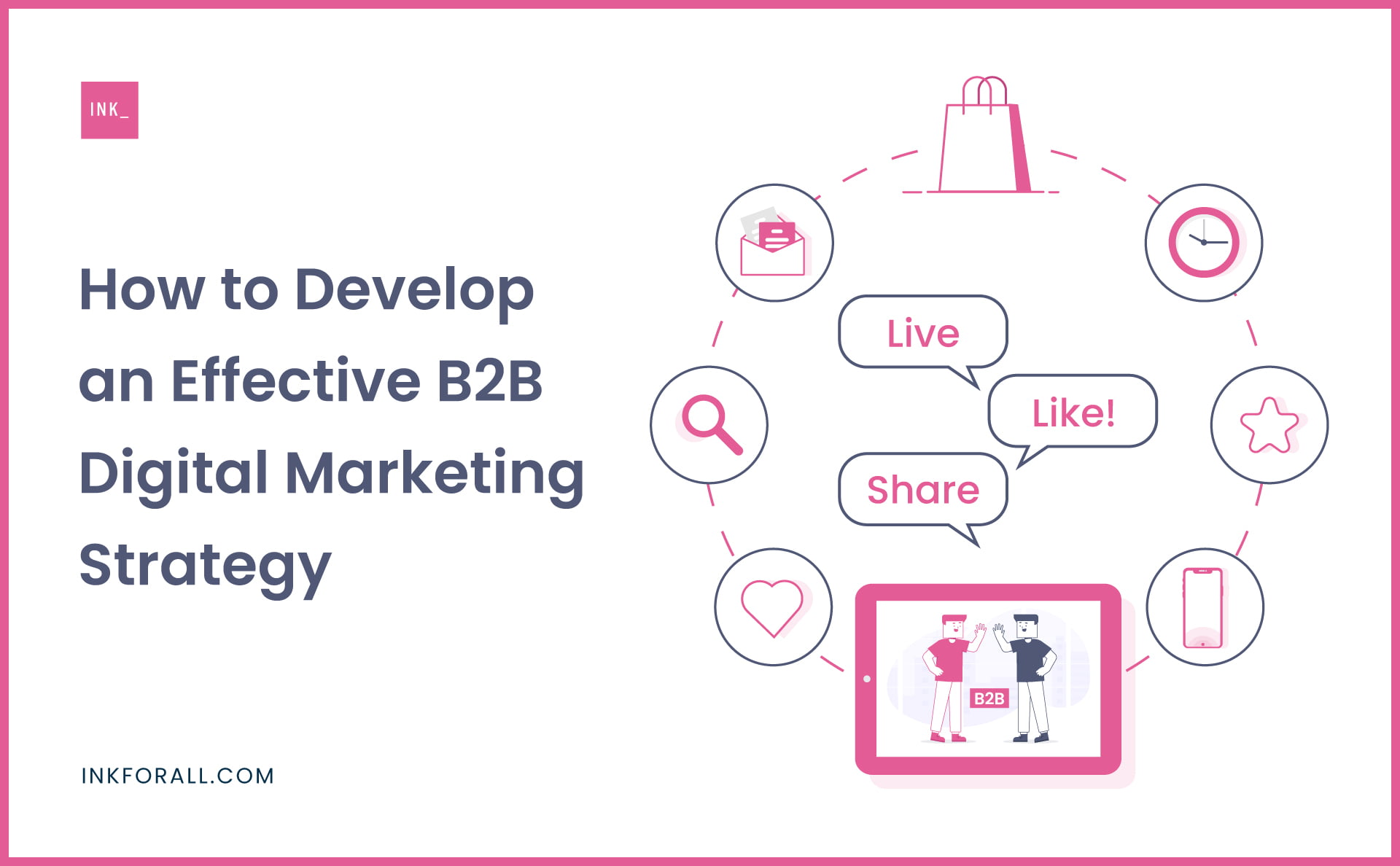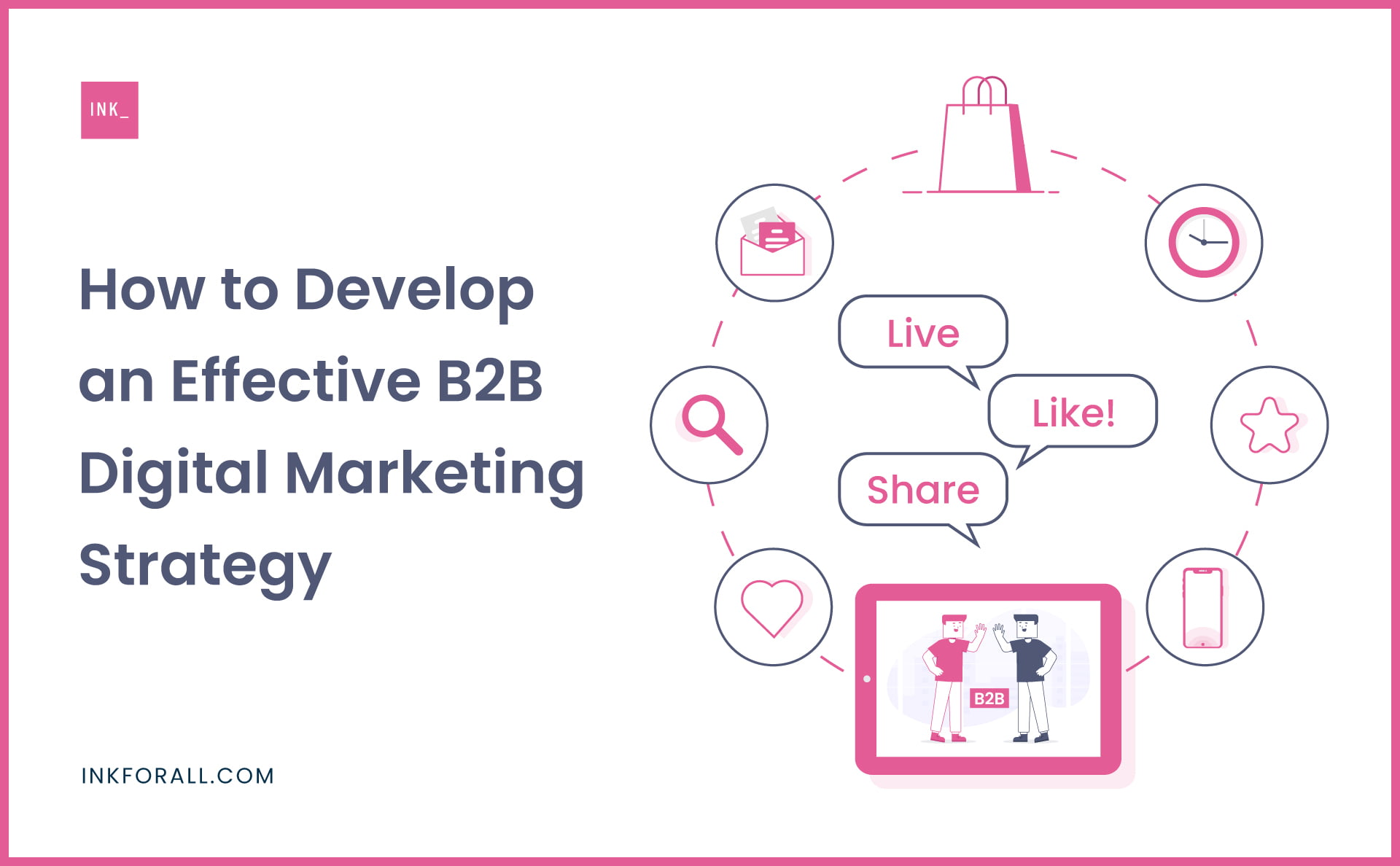Discover how strategic digital marketing is revolutionising the construction industry, helping businesses secure more contracts and dominate their local market like never before.
Understanding the Digital Transformation in Construction
The construction industry is experiencing a remarkable digital revolution, with 87% of construction companies now incorporating digital strategies into their business operations. This transformation isn’t merely a trend; it’s a fundamental shift in how construction businesses acquire and retain clients. Recent studies show that 92% of construction project research begins online, making digital presence crucial for success. The traditional word-of-mouth referral system, while still valuable, is now complemented by robust digital marketing strategies that enable construction companies to reach a wider audience and showcase their expertise more effectively.
Key Digital Marketing Strategies for Construction Companies
1. Search Engine Optimization (SEO)
In the UK construction sector, effective SEO is vital for visibility in local search results. A well-optimised website can increase organic traffic by up to 150%. Key SEO elements for construction businesses include:
- Local keyword optimisation targeting specific service areas
- Project-specific content optimisation
- Technical SEO improvements for better website performance
- Regular content updates showcasing completed projects
- Mobile optimisation for better search rankings
2. Content Marketing and Thought Leadership
Content marketing has become a cornerstone of digital success in construction, with companies that regularly publish quality content seeing 3.5x more leads than their competitors. Effective content strategies should include:
- Detailed case studies of successful projects
- Expert insights into construction techniques and innovations
- Regular blog posts addressing common client concerns
- Video content showcasing project progress and completions
- Downloadable resources and guides for potential clients
3. Social Media Marketing for Construction
Social media platforms offer unique opportunities for construction businesses to showcase their work and build relationships. LinkedIn generates 80% of B2B leads from social media, while Instagram’s visual nature makes it perfect for showcasing construction projects. Successful social media strategies involve regular posting of project updates, behind-the-scenes content, and employee spotlights.
Building a Strong Online Presence
Website Development and Optimization
Your website serves as your digital shopfront, and in 2024, it needs to be more than just visually appealing. Studies show that 75% of users judge a company’s credibility based on website design. Essential elements include:
- Fast loading speeds (under 3 seconds)
- Mobile-first design approach
- Clear calls-to-action
- Project galleries and testimonials
- Easy-to-find contact information
Local SEO Strategies
Local SEO is crucial for construction businesses, with 46% of Google searches having local intent. Implementing robust local SEO strategies involves optimising your Google Business Profile, gathering positive reviews, and creating location-specific content that resonates with your target market.
Lead Generation and Customer Acquisition
Digital Advertising Campaigns
PPC advertising and social media campaigns can deliver immediate results when properly executed. Construction companies using targeted digital advertising report an average ROI of 200%. Key focus areas include:
- Geographic targeting for service areas
- Custom audience creation based on previous client profiles
- Remarketing campaigns to capture lost leads
- Project-specific landing pages
Email Marketing Strategies
Email marketing remains one of the most effective digital channels, with construction companies seeing an average open rate of 23%. Successful email campaigns should include project updates, industry insights, and personalised communications that nurture leads through the sales funnel.
Measuring Success and ROI
Digital marketing success in construction requires careful tracking and analysis. Key performance indicators should include website traffic, lead generation rates, conversion rates, and cost per acquisition. Tools like Google Analytics 4 and CRM systems help track these metrics effectively, allowing for data-driven decisions and strategy refinements.
Future-Proofing Your Construction Business
As we progress through 2024, staying ahead of digital trends is crucial. Virtual reality showcases, AI-powered chatbots, and automated lead nurturing are becoming increasingly important in construction marketing. Investing in these technologies now can give your business a significant competitive advantage.
Taking Action: Implementing Your Digital Marketing Strategy
To begin transforming your construction business through digital marketing, follow these essential steps:
- Conduct a comprehensive digital audit of your current online presence
- Develop a content calendar focused on your expertise and services
- Implement tracking systems to measure marketing performance
- Start with one or two key digital channels and expand gradually
- Consider partnering with a specialist construction marketing agency
Remember, digital marketing isn’t just about being online; it’s about creating a comprehensive strategy that generates real results for your construction business. By implementing these strategies effectively, you can expect to see significant improvements in lead generation, brand awareness, and ultimately, your bottom line.
FAQ
Can I make a living with digital marketing?
The good thing is that digital marketing offers many ways to earn money online. You can work as a full-time employee, consultant, or freelancer and make a secure career. The best part is it allows you to work from anywhere in the world.
Which digital marketing job pays the most?
11 High-Paying Jobs in Digital Marketing for Freshers in 2025
How much do digital marketers earn?
The average annual salary for a Digital Marketing Specialist in South Africa is approximately R370,333 as per the source Talent. Also note that the entry-level positions of Digital Marketing specialist start around R300,000 per year, while experienced professionals can earn up to R2,416,824 annually.
Sources
[1] https://en.wikipedia.org/wiki/Digital_marketing
[2] https://mailchimp.com/marketing-glossary/digital-marketing/
[3] https://www.investopedia.com/terms/d/digital-marketing.asp


